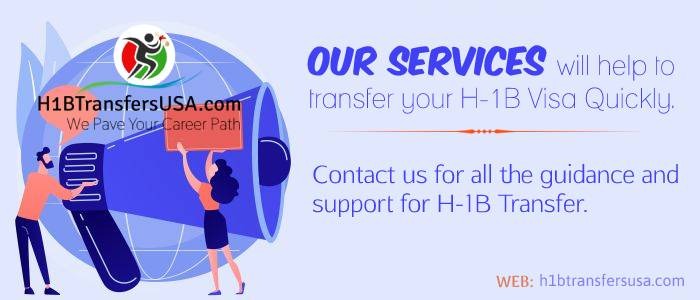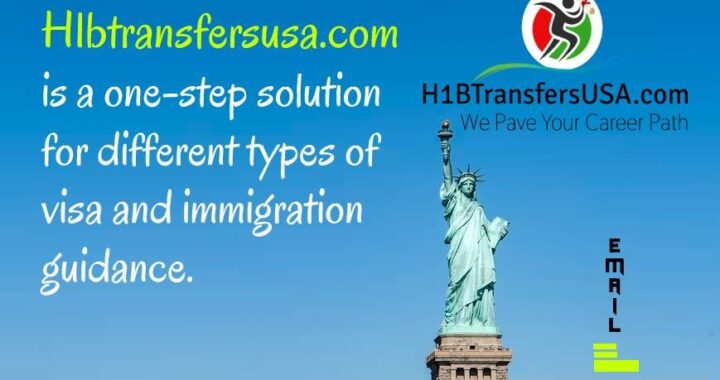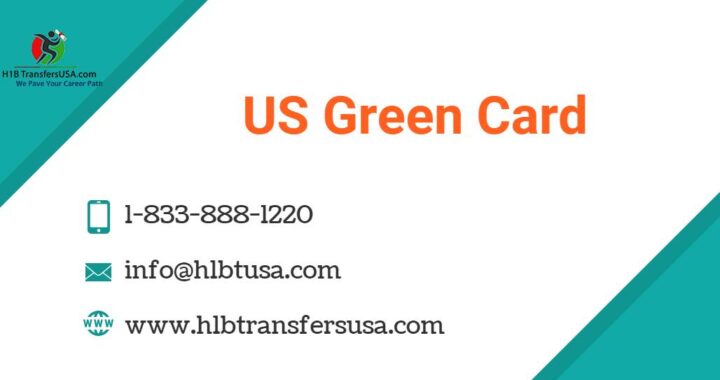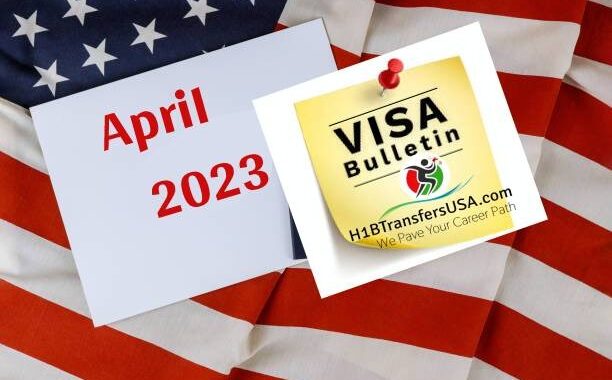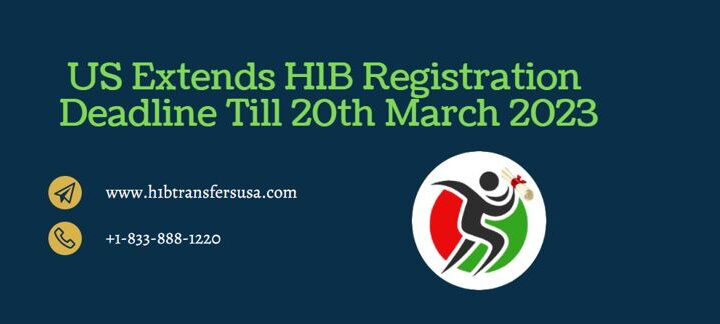DHS Rule Revising H-1B Non-immigrant Visa Program Released
3 min read
DHS released its interim final rule (IFR) in the Federal Register on 8th October 2020. Which would overhaul the definition of the term “specialty occupation” and make different changes to the H-1B nonimmigrant visa program. The IFR is effective on 7th December 2020.
H-1B Nonimmigrant Visa
Check below for summary of some of the key points of the DHS rule:
Amending the definition of “specialty occupation” to align with the statutory definition
The amended definition explains that a position would not qualify as a specialty occupation. If the attainment of a general degree, without additional specialization, is sufficient to meet all requirements for the position. The petitioner will have between the necessary degree in a particular specialty and the duties of the position.
Amending the criteria for specialty occupation positions
DHS is eliminating the terms “normally,” “common,” and “usually” from the regulatory criteria. This implies that the applicant should build-up that the bachelor’s degree in a specific specialty or its equivalent is a minimum requirement for entry into the occupation in the U.S. By showing that this is always the requirement for the occupation overall, the occupational prerequisite within the relevant business, the candidate’s particularized necessity, or because the position is so specialized, complex, or unique that it is essentially needed to perform the duties of the particular position.
Defining “Worksite” and “Third Party Worksite
These definitions will be added to the current list of definitions in the regulations.
Clarifying the definition of “United States Employer
By striking “temporary worker” from the general definition, inserting the word “company” in that general definition. Developing the current prerequisite to engaging in the beneficiary to work within the U.S., and developing the employer-employee relationship and the factors used to decide whether a valid employer-employee relationship exists between the petitioner and the beneficiary.
Corroborating evidence of work in a specialty occupation
At the time of filing the petitioner must build-up that it has actual work in a specialty occupation available for the beneficiary as of the beginning date of the validity period as requested on the new petition. For third party placement cases, DHS will require the candidate to submit evidence, for example, contracts, work orders, or other similar evidence to set up that the beneficiary will perform services in a specialty occupation at the third-party worksite and that the applicant will have an employer-employee relationship with the beneficiary.
The maximum validity period for third-party placements
DHS will set a 1-year maximum validity period for all H-1B petitions in which the beneficiary will be working at a third-party worksite. DHS accepts this is reasonable given the nature of third-party placements, with the nature of the work being more transient and with potential for changes to the terms and conditions of employment.
Written explanation for certain H-1B approvals
DHS will require its issuance of a brief explanation when an H-1B petition is approved. Yet USCIS grants a previous end validity date than requested by the petitioner.
[All eyes on the H1B visa program irrespective of who wins the US Polls]
Revise the itinerary requirement for H-1B petitions
The itinerary requirement will not apply to H-1B petitions.
Site Visits
DHS is adding guidelines specific to the H-1B program to codify its current authority and clarify the scope of inspections. Especially on-site inspections – and the consequences of a petitioner’s or third party’s refusal or failure to fully cooperate with the inspections.
A claim in the U.S. District Court for the Northern District of California has already filed against the DHS rule. In Chamber of Commerce, et al. v. DHS, et al., the grievance demands that the Court to vacate and set aside the DHS rule, issue a declaratory judgment building up that the rule was unlawfully given without notice and comment, enjoin the defendants from enforcing or otherwise carrying out the DHS rule, delay the effective dates and enjoin the defendants from executing the rule pending the conclusion of the litigation.

